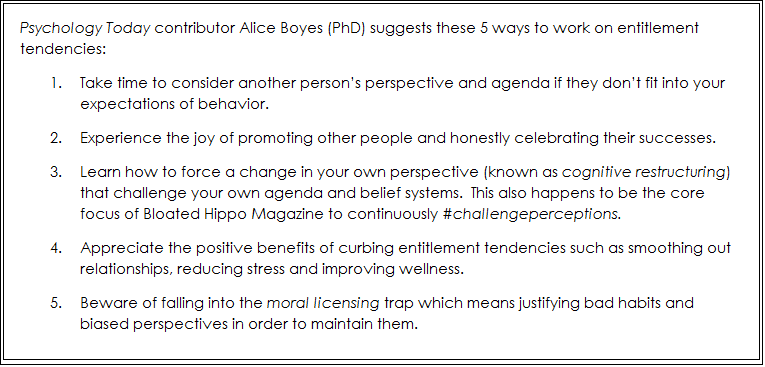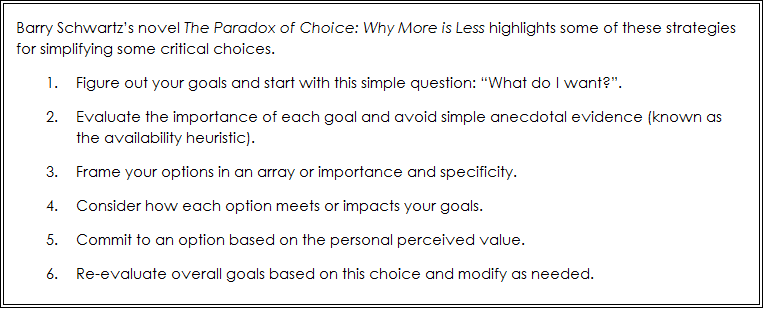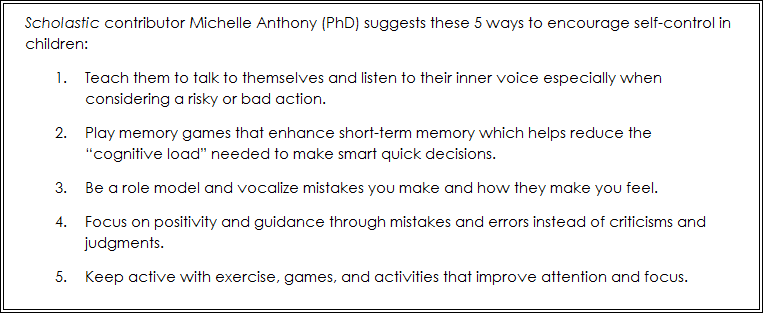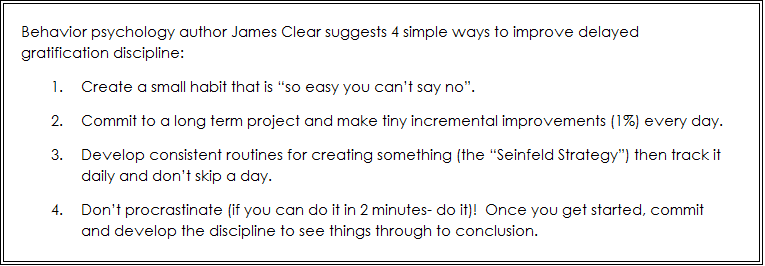The Gift of Scarcity
Craig Berger
January 1st, 2016
Craig Berger
January 1st, 2016
Is it better to give or to receive?
For most people it's a decision they will rarely, if ever, need to make with any serious consequence. For others, it's a much more common and dire choice. This video from UPTV focuses on low-income children from Atlanta families that know the latter all too well and should inspire all of us in their selflessness when given a choice between receiving a wish list gift or gifting one to someone else.
For most people it's a decision they will rarely, if ever, need to make with any serious consequence. For others, it's a much more common and dire choice. This video from UPTV focuses on low-income children from Atlanta families that know the latter all too well and should inspire all of us in their selflessness when given a choice between receiving a wish list gift or gifting one to someone else.
In 2015, 44% of US children were classified as low-income or below. That's a maddening statistic while the U.S. remains as the #1 nominal GDP (gross domestic product) country. Although behind China in PPP (personal purchasing parity) GDP due to our expansive and expanding wealth disparity. A disparity that hits these children where they sleep.
But, there’s a harsh beauty to their decision making. A smell-the-roses moment that we too often forget during the frenzy of holiday excess and quick-twitch instinct to simply pity others less fortunate. So, let’s take a step back and learn from these children how to appreciate some of the painful/sweet gifts of scarcity.
The gift of scarcity frees you from the burden of entitlement.
What does the world owe you?
Your answer to this question is the measure of your entitlement burden. For these low-income kids and their families, it’s a short list that likely includes air to breathe and health of loved ones. The basics. Bread and butter. When scarcity is not an issue, however, even in the perception of wealth that doesn’t actually exist, entitlements spread like a virus and can manifest itself in some equally mean and nasty ways, as illustrated by psychologist Paul Duff during this Ted Talk.
The rise of the Millennials into adulthood has some people barking that we’ve entered into the age of entitlement. But, entitlement issues have permeated every generation. You are a victim whenever you let your narcissistic freak flag fly and create a personal exception from the rules that regulate most everyone else.
Scarcity, however, is efficient at suppressing entitlements because the pressure to manage limited resources is so great that it leaves little room for non-essential concerns. To be heavy-handed here, low income and below families simply can’t afford to take anything for granted.
Unfortunately, there is a dark side to scarcity's relationship to entitlement. Closer to the poverty line event horizon where scarcity is densest, even basic education becomes an entitlement. Children as a group are disproportionately poor: roughly one in five live in poverty compared with one in eight adults. It also goes deeper along race lines where black children fare much worse: fully three-quarters (75.4 percent) are poor during childhood (US Census Bureau 2014).
The gift of scarcity can make you a stronger business leader.
The “fundamental problem” in economics is about how to address scarcity. Shh…don’t tell anyone, but guess what? ALL resources have a scarcity value and will not last forever. Every company from Apple to our humble little lemonade stand-ish Etsy shop struggles to frame scarcity in terms that maximize revenue and profit while minimizing excess; whether that scarcity manifests itself as inventory, sales demand, innovation, skilled staff, cash flow, credit, resources, bandwidth or time. Even world leaders in flourishing regions need to plan for scarcity alongside resource management efforts, especially during disasters. It’s such a big deal, that the psychology of managing scarcity has developed into a burgeoning field that can also be applied to business known as behavioral economics.
Great, so there is science being dedicated to navigating the risk and volatility of scarcity, but there is also a cognitive art that these children have learned such as being able to evaluate trade-offs and impacts on decision-making. When we think of costs, we tend to assign dollar values, but there are plenty of non-quantifiable costs that influence our choices such as “opportunity costs”- what your investment in resources, time, or attention could have afforded an alternative action or result. Limited opportunities via scarcity mean core fundamentals are prioritized over superficial elements when considering alternatives.
Scarcity can also lead to a purity of decision making by freeing us from much of the paralyzing noise created by having too many choice. This TED talk by American Psychologist Barry Schwartz highlights some of those dynamics.
Embracing the gift of scarcity has long term benefits.
Princeton Psychology professor Eldar Shafir and Harvard economist Sendhil Mullainathan helped promote the study of scarcity in Scarcity: The New Science of Having Less and How It Defines Our Lives. Their research asserts that scarcity can tax “mental bandwidth” creating inefficiencies that often result in making desperate choices and focusing only on short-term planning, which can reinforce a sort of poverty loop. Yes, there is good evidence that it changes the way we think. But, there are also some serious strengths that can be developed as well, such as impulse control. Reinforcing the self-regulation cognitive-affective personality system (aka the “cooling system”) takes a lot of work, but these kids are ahead of many of their peers who struggle to identify themselves amongst the crush of entitlements and media that actually rewards lack of impulse control.
Delayed gratification is another benefit that these kids from Atlanta exhibited and according to Walter Mischel’s famous Stanford Marshmallow longitudinal study that began in the 1960’s and has been repeated many times with different variations that reveal different benefits, such discipline of thought bodes well for their future careers. In that groundbreaking experiment, about 600 children around 4-5 years were asked to wait in a room for 15 minutes in proximity to a marshmallow or other sugary treat. They had a choice: take a piece or wait until the researcher returned and they can have two. Children who held (about 1/3) used distraction strategies like kicking the desk. They were then evaluated through their teens and found to have significantly fewer issues with drug or alcohol addiction and obesity. Into adulthood, many of the original children who delayed gratification had been elevated to executive and leadership positions. Later studies also showed a direct correlation with higher SAT scores. Granted, there have also been many challenges to these findings and how applicable it is half a century later – but as a lesson for appreciating the value of self-control and embracing the gift of scarcity it’s difficult to entirely dismiss.
Taming scarcity also has some long term health and wellness advantages. Scarcity can lead to conscientiousness that may have some benefits for promoting a healthy sustainable diet and habits that reinforce longevity.
The gift of scarcity cannot be fully realized without the gifts of education and mentorship.
Two questions that help define whether or not children in severe low income and persistent poverty will be able to succeed are:
- How important are development and educational milestones?
- How stable are the community and household?
Here’s where you can help out. Give children in low income and poverty stricken families a leg up and chance to apply their hard-forged experiences into a brighter future by contacting your local organizations, checking out these links below, or feel free to post your own favorite family-centric charity and charitable events on our new public bulletin board, The Bloat.
http://www.horizonsbrooklyn.org
https://www.prisonfellowship.org
http://wish.org
http://www.toysfortots.org
http://www.bgca.org
http://www.salvationarmyusa.org







